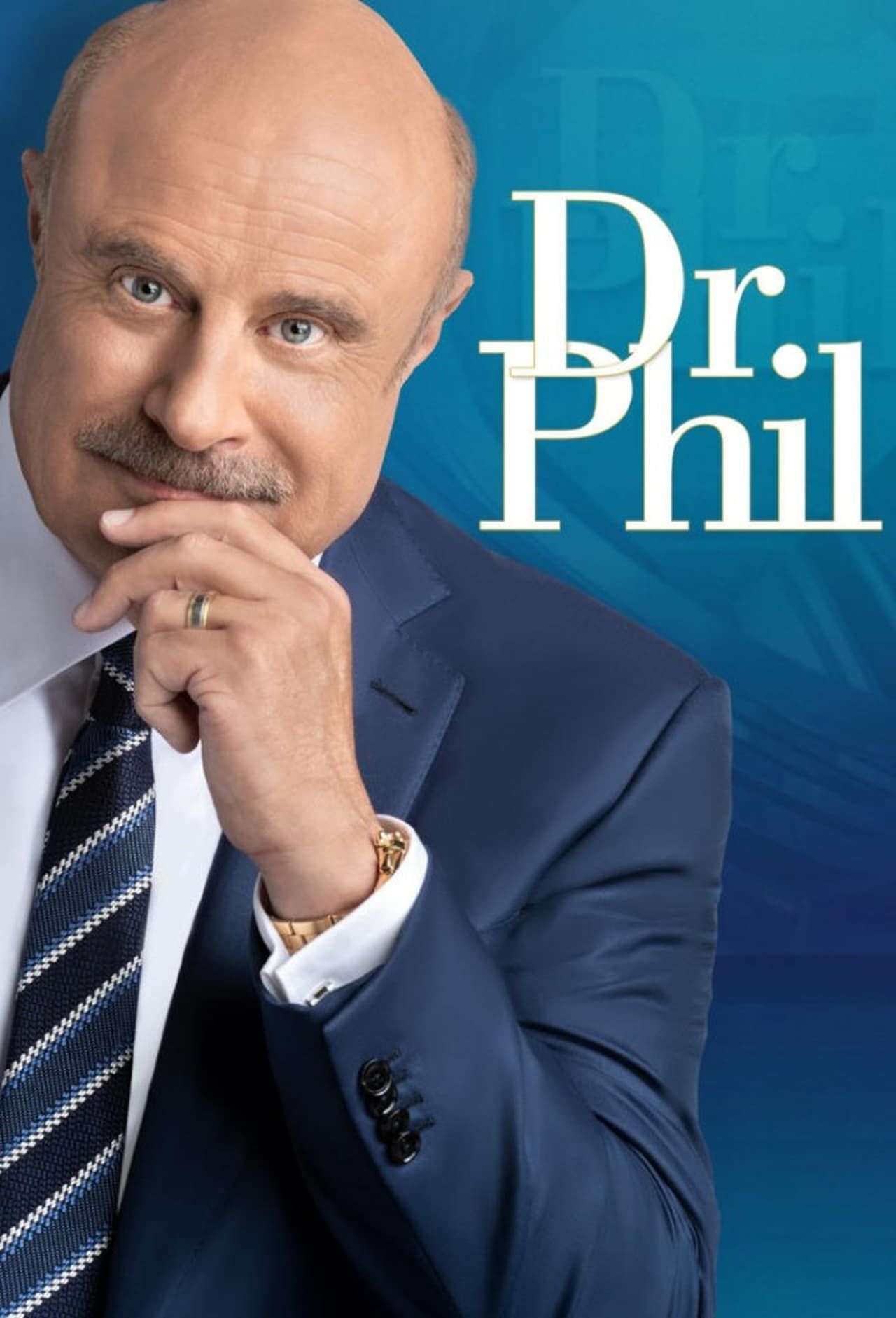For years, the Dr. Phil Show has captivated audiences with its dramatic confrontations and heart-wrenching stories. Hosted by Dr. Phillip McGraw, the show promises to delve into the lives of everyday people, offering advice and solutions to their problems. But is it all as real as it seems? Questions have arisen about the authenticity of the show's episodes and whether they are staged for entertainment purposes.
The debate around the authenticity of the Dr. Phil Show continues to intrigue fans and critics alike. While some viewers believe the show offers genuine help to those in need, others suspect that the drama is heightened for television effect. This article aims to explore these claims and uncover the truth behind the show's most shocking episodes.
Dr. Phil: A Hero Helping Heroes
Dr. Phil has often been portrayed as a hero on his show, particularly when addressing the needs of veterans suffering from PTSD. Episodes dedicated to this topic aim to bring awareness to the struggles faced by military personnel transitioning back to civilian life. The show highlights the importance of mental health care and support systems for veterans, resonating deeply with many viewers.
However, some critics argue that Dr. Phil's role is more performative than therapeutic. They point out that while he holds a Ph.D. in clinical psychology, his current practice leans heavily towards entertainment rather than professional psychological counseling. This raises questions about the effectiveness of the advice given during these episodes.
Despite these criticisms, the show remains popular among those who appreciate its focus on important social issues. It serves as a platform for discussing topics like PTSD, encouraging open conversations about mental health challenges faced by heroes in our society.
Mob Mentality and Free Speech
Another recurring theme on the Dr. Phil Show involves examining societal trends such as mob mentality and free speech. In recent years, episodes have tackled controversial subjects ranging from Black Lives Matter protests to campus activism against corporate giants like Tesla. These discussions aim to dissect how group dynamics influence individual behavior and decision-making processes.
Critics suggest that these segments may oversimplify complex social phenomena for dramatic effect. By focusing solely on sensational aspects of mob mentality, the show risks perpetuating stereotypes instead of fostering nuanced understanding. Furthermore, skeptics question whether participants' reactions are genuinely spontaneous or premeditated for better television ratings.
Nevertheless, proponents argue that exposing viewers to diverse perspectives through engaging storytelling can spark meaningful dialogue. Even if elements are exaggerated for entertainment value, raising awareness about critical issues contributes positively toward public discourse.
Is Dr. Phil Really a Doctor?
One common misconception surrounding the Dr. Phil Show revolves around its host's credentials. Many assume that Dr. Phil possesses medical qualifications due to his title; however, this assumption is incorrect. Although Dr. Phil earned a Ph.D. in clinical psychology from the University of North Texas, he does not hold a medical degree nor maintain an active license as a practicing psychologist today.
This distinction becomes crucial when evaluating the legitimacy of advice dispensed during the program. While holding a doctoral degree signifies expertise within specific academic fields, it doesn't necessarily equate to providing comprehensive healthcare guidance applicable across various contexts encountered by guests appearing on the show.
Regardless of these limitations, millions continue tuning into the Dr. Phil Show weekly because they find value in its content despite knowing that much of what transpires might be scripted or manipulated for optimal viewing pleasure.
Manipulation Behind the Scenes
Claims of manipulation frequently surface regarding production practices employed by reality TV shows, including the Dr. Phil Show. Critics allege that producers script interactions between guests to ensure compelling narratives unfold before cameras roll. Such tactics allegedly include coaching participants prior to filming sessions so they deliver desired responses aligned with predetermined story arcs.
Supporters counter that editing plays a significant role in shaping final cuts but emphasize that core truths remain intact throughout post-production phases. They contend that condensing lengthy interviews into digestible formats necessitates selective inclusion/exclusion decisions which sometimes create misleading impressions among audience members unfamiliar with behind-the-scenes operations.
In light of ongoing debates concerning authenticity versus fabrication, transparency about creative choices made during both preproduction planning stages and subsequent revisions could enhance credibility perceptions associated with the Dr. Phil Show moving forward.
Adam Ray Interviews Dr. Phil
In a unique twist, comedian Adam Ray announced plans to release a Netflix special titled Dr. Phil Live! where he interviews none other than Dr. Phil himself. This upcoming project promises humor alongside insights into the workings of one of America's most iconic talk shows. Fans eagerly anticipate learning firsthand details directly from the man behind the microphone.
Through lighthearted banter mixed with probing questions, Adam Ray intends to shed light on lingering mysteries surrounding the Dr. Phil Show. Topics expected to arise include guest selection criteria, scripting procedures, and ethical considerations guiding editorial discretion exercised during episode creation.
As anticipation builds for this comedic take on serious matters, audiences hope gaining access to insider knowledge will clarify longstanding doubts while reaffirming appreciation for quality programming designed to educate and entertain simultaneously.

